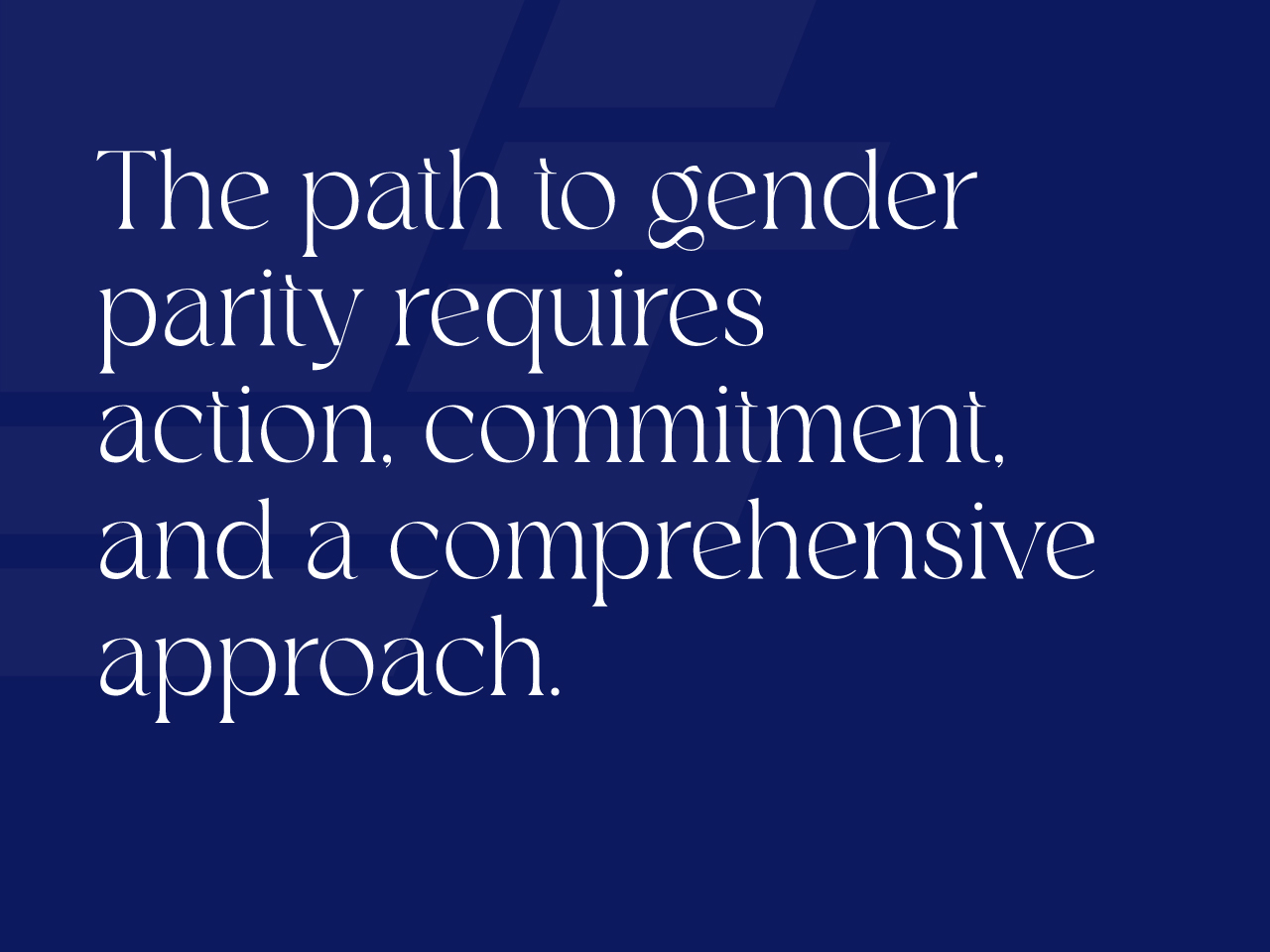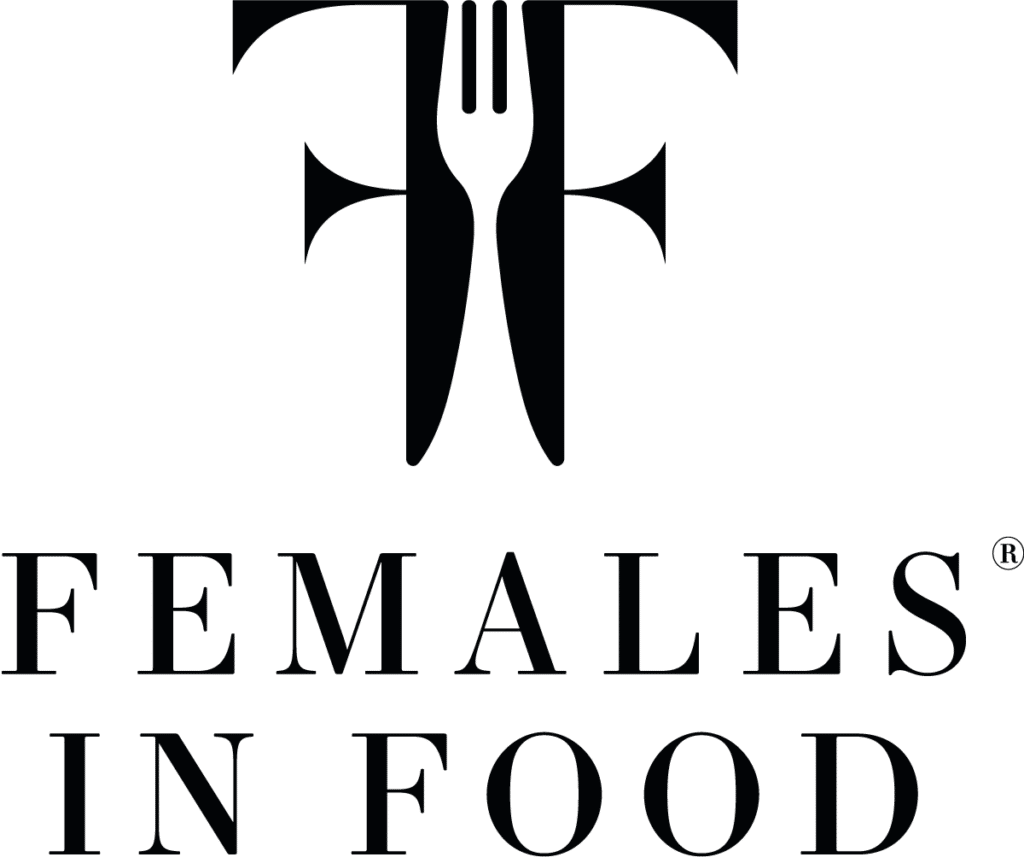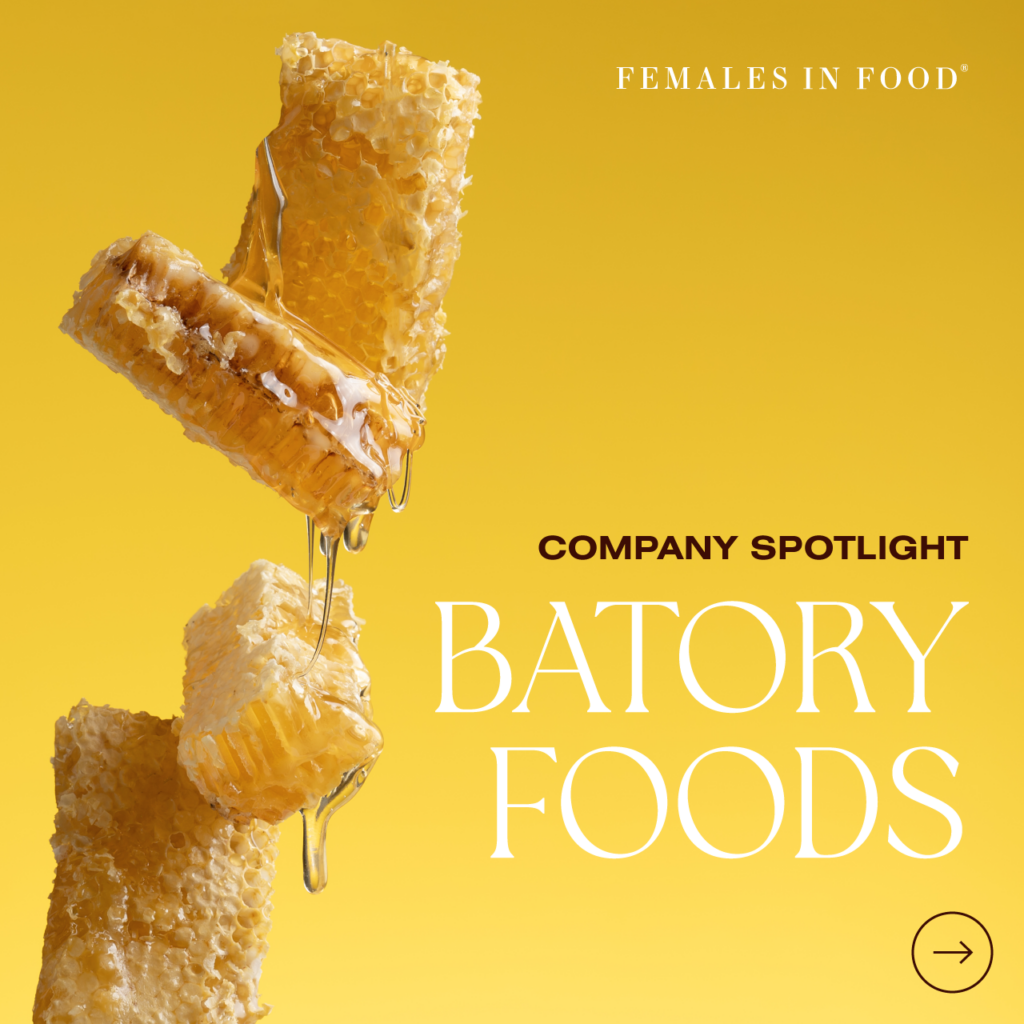Corporate America is still 48 years away from achieving gender parity.
Read that again.
Despite some progress, the latest Women in the Workplace report by McKinsey & Company and Lean In reveals that the state of women in leadership remains largely stalled. While women have made some strides, holding a record-high 29% of C-suite jobs, systemic barriers continue to limit their full advancement.
Here are some key findings from the 2024 report:
-
- The “Broken Rung” Persists: Women continue to face significant challenges at the first critical step up to management. For every 100 men promoted to manager, only 81 women receive the same promotion. This gap is even more stark for women of color. While promotion rates improved for Black women in 2021 and 2022, the progress has since regressed to 2020 levels.
-
- Decreasing Commitment to Diversity Initiatives: In a concerning trend, companies are pulling back on gender and racial diversity efforts. Compared to 2022, there’s been a 33% reduction in formal sponsorship programs for women, with a 50% drop in programs for women of color.
-
- Limited Adoption of Best Practices for De-biasing: Although many organizations are working to de-bias hiring and performance reviews, only one in four have adopted the best practices experts recommend to ensure fairness in talent processes.
-
- These findings make it clear that while progress has been made, it isn’t enough. Companies must take bolder steps if they hope to create lasting change and address the inequalities that continue to plague the workplace.

The Path Forward: What Can Companies Do?
The path to gender parity requires action, commitment, and a comprehensive approach. Here are some solutions that could help:
- Fix the Broken Rung: Organizations need to prioritize advancing women, especially women of color, into management roles by rethinking promotion criteria and addressing unconscious biases that impact decisions.
- Recommit to Sponsorship and Mentorship: Formal sponsorship and mentorship programs are essential for the career development of women and underrepresented groups. Organizations should reinstate or expand these programs with a focus on intersectionality.
- Adopt Best Practices in De-biasing: Companies should fully embrace expert-recommended best practices in hiring and performance evaluations to ensure that women are given equal opportunities to advance.
- Foster an Inclusive Culture: Gender parity won’t be achieved without a culture that supports inclusivity at all levels. This includes transparent communication, policies that promote work-life balance, and leadership that champions diversity.
How Females in Food (FIF) Can Help
At Females in Food (FIF), we understand the unique challenges women face in leadership in the food and beverage industry. Our 360-degree approach to leadership development, employer branding, and talent recruitment empowers organizations to advance gender parity from every angle.
-
- Leadership Development & Networking: The FIF community provides women with the leadership development and networking opportunities that equip women with the skills and confidence to rise through the ranks, helping organizations close the gap at all levels.
-
- Employer Branding: By working with companies to position themselves as champions of gender diversity, we help them attract top female talent and build a reputation as inclusive employers.
-
- Talent Recruitment: Our network of highly skilled women in the food industry offers companies a diverse talent pool, ensuring they can find and recruit the best candidates for their leadership roles.
-
- The results of the 2024 Women in the Workplace report are a wake-up call that more work is needed. With FIF, organizations can take proactive steps to not only support women in leadership but also create lasting change that drives gender parity forward.








